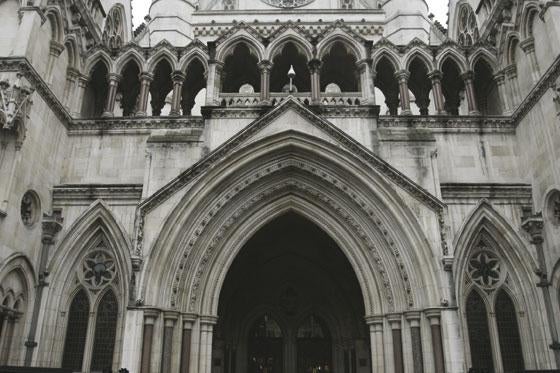
A seven-year-old child born with severe disabilities after mistreatment by hospital staff should be the subject of an anonymity order because there was not sufficient public interest to justify naming him, a High Court judge said last week.
Justice Tugendhat detailed why he had granted anonymity to the child in the course of a hearing at which he approved a settlement of the youngster’s claim for personal injuries against Cambridge University Hospitals NHS Trust.
The judge said the child was severely physically disabled because of oxygen starvation at birth, but intelligent and sensitive, and was being lovingly cared for by the parents, who had other children.
It was possible that the child might go on to university, and might have legal capacity as an adult and make decisions.
The child’s counsel had asked for an anonymity order allowing a court to ban the publication of information that would identify a person under the age of 18 who was involved in court proceedings.
The Court of Appeal had recently set out in JIH v News Group Newspapers guidance on the principles to apply when considering anonymity orders.
Justice Tugendhat said an order interfered less with the principle of open justice and freedom of expression, and was less restrictive, than an anonymity order coupled with an order restricting access to documents on the court file under the Civil procedure Rules.
“It is therefore a more acceptable alternative to an anonymity order, if the case is one in which some protection is necessary for the child’s welfare and private life, and if it is not necessary to make a more restrictive order.”
In this case an order was necessary in order to protect the rights of the child and family, he said.
The child was only seven, but would be an adult in 11 years, the judge said, adding: “Any report of the present proceedings which identifies the claimant in a newspaper is, with modern internet technology, very likely to be almost as readily accessible online in 11 or 12 years’ time as it would be if it were published today. “
One purpose of proceedings for approving settlements was to ensure that money recovered by or on behalf of the protected party was properly looked after and wisely applied.
“There is a risk that that objective will be defeated if the claimant is named,” Tugendhat said.
When the child became an adult, the many physical disabilities would result in vulnerability. “If the sums of money at the claimant’s disposal as a result of this settlement are readily to be found out on the internet, there will be a risk of the claimant losing that money to inappropriate friends, fortune-hunters or even thieves,” the judge said.
“It is for that reason that I am satisfied that an order restricting publication of the claimant’s name is necessary in this case.”
There was no sufficient general, public interest in publishing a report of the proceedings which would identify the claimant to justify the resulting curtailment of his right and his family’s right to respect for their private and family life, and the risk of defeating the purpose of the proceedings, to ensure that the claimant received and kept compensation for the personal injuries suffered.
Email pged@pressgazette.co.uk to point out mistakes, provide story tips or send in a letter for publication on our "Letters Page" blog
